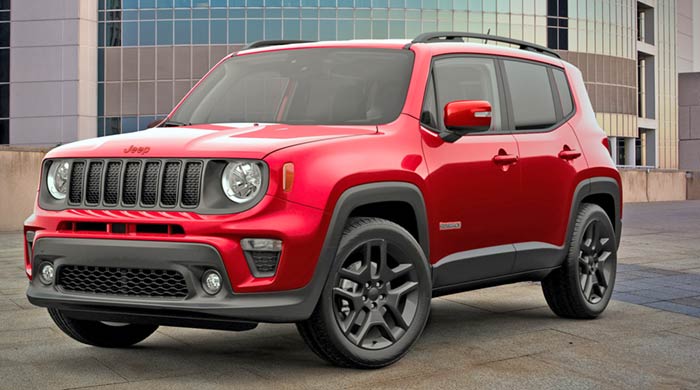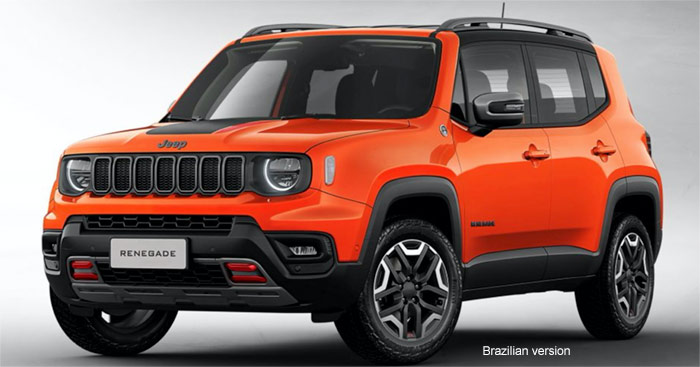A quarter of a century ago, Daimler took over the growing and highly profitable Chrysler Corporation in a move which proved disastrous to the American company. Chrysler at the time was fairly truck-and-Jeep-heavy in sales, but that meant that the company was well positioned for the rapid American move to pickups and crossovers.

How can we compare the product line then and now? One way is to consider yesteryear’s sedans and coupes as being equivalent to 2023’s crossovers of equivalent size. If we do that, we can see the following table:
| 1998 | 2023 |
|---|---|
| Ram pickups, Durango, Grand Cherokee, Wrangler | Same |
| Neon | Jeep Renegade (poor match) |
| Cirrus/Stratus/Breeze | Dodge Charger |
| Sebring, Avenger (coupes) | Dodge Challenger |
| Town & Country, Caravan, Voyager | Pacifica/Voyager (no short wheelbase) |
| Ram Van chassis cabs | Ram chassis cabs |
| Ram Van | ProMaster |
| Voyager/Caravan Cargo Van | ProMaster City |
| Concorde, Intrepid | Chrysler 300 |
| Cherokee | (Compass?) and/or KL and KM Cherokee |
| Dakota | No direct comparison; new midsize pickup under development |
| Viper, Sebring Convertible | No direct comparison |
| No direct comparison | Wagoneer / Grand Wagoneer |
It’s interesting to see that while the number of product names has plummeted, the actual number of products is fairly similar. There’s no compact car—a tough spot to compete in with Toyota in cheap-reliable-but-comfortable on one end and Mazda in sporty-and-upscale on the other, both trying to leverage their global scale by keeping prices relatively low. There is, however, the new Jeep Renegade, which isn’t affordable or efficient by Neon standards, but does have its own benefits of reasonably good off-road capability and modern conveniences. The midsized cars are taken up by the Dodge Charger, which is bigger and faster than any of them; the Mitsubishi coupes are replaced by the all-American Dodge Challenger. There’s no current convertible or any equivalent to the Viper, but the latter was quite the niche product—and now there is the Wagoneer and Grand Wagoneer, which reach into a bigger market.
Globally, Jeep also has the new Avenger, which would compete where Neon was—and Fiat has the 500, not sold in the United States. Some of the cars have changed quite a bit; the current Grand Cherokee occupies a similar place in the market but the engineering is almost completely different. The same clearly goes for the Cherokee. Chrysler and Dodge have no front wheel drive sedans, their mainstay in 1998. Rams are bigger, far more powerful and capable, and much more luxurious than even their groundbreaking 1994 series. But their place in the market is as similar as the old Dodge Ram Van and the current ProMaster.
There have been many changes since 1998, but in some ways the Dodge, Chrysler, Jeep, and Ram lineups are surprisingly similar. The matches aren‘t quite as close as if we compared Toyota 1998 to Toyota 2023, where for the most part only new products were added (the exceptions being Avalon, dropped recently, and Echo, which nobody will miss). Toyota added an entire new brand and then dropped it between 1998 and 2023, but that can’t really be seen in a 1998-to-2023 chart!
